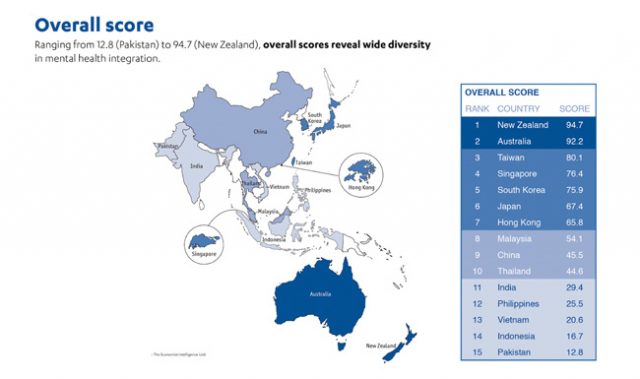
AsianScientist (Jan. 21, 2014) – Doctors at the National University Health System in Singapore are testing a new approach for managing and treating patients with heart failure.
In Singapore, heart failure is the most common cause of cardiac hospitalization, with only 32 percent of cases surviving beyond five years. About 30-50 percent of heart failure patients in Singapore suffer from a specific heart failure known as preserved ejection fraction. The small, stiff hearts belonging to these patients are often not dilated, thus filling poorly and inefficiently, resulting in poor exercise capacity and high death rates.
The three-year trial will focus on patients who are diagnosed with preserved ejection fraction. It will test a simple catheter procedure for removing excess nerve signals to and from the kidneys, known as renal denervation, which has been shown to reduce blood pressure in patients.
“Heart failure with preserved ejection fraction is common, triggers recurrent hospital admissions, has a high mortality and carries a high burden of healthcare costs. It is hoped that through renal denervation, this simple, one-time approach will reduce both mortality and heart failure readmissions,” said Associate Professor Carolyn Lam, National University Heart Center, Singapore (NUHCS).
The randomized and controlled clinical trial will be conducted in seven sites across Singapore, New Zealand and Australia with operational support by the Singapore Clinical Research Institute (SCRI).
“This trial demonstrates the close partnership between the private-public sector, between doctors in Singapore and doctors in Australia and New Zealand and also the close collaboration in research operations between NUHS and SCRI,” said Associate Professor Teoh Yee Leong, CEO, SCRI.
——
Source: National University Health System; Photo: brick red/Flickr/CC.
Disclaimer: This article does not necessarily reflect the views of AsianScientist or its staff.












